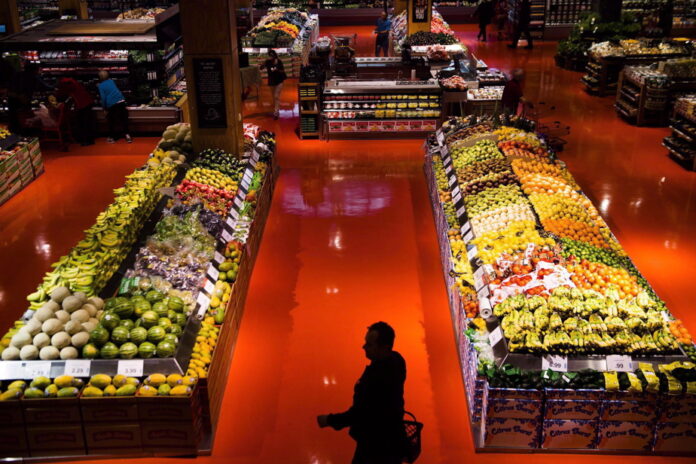(Toronto) Leaders in the agriculture and food industries launch an alliance to achieve a carbon neutrality goal in the Canadian agri-food sector by 2050.
The Canadian Alliance for Net-Zero Agri-food (CANZA), which can be translated as the Canadian alliance for a carbon-neutral agri-food sector, brings together companies such as RBC, Loblaw, Maple Leaf Foods, Nutrien and McCain Foods, as well as ‘Arrell Food Institute at the University of Guelph, The Natural Step Canada, the Smart Prosperity Institute and BCG’s Center for Canada’s Future.
In a press release, the alliance indicates that if the agri-food sector continues on its current trajectory, its emissions could reach 196 million tonnes by 2050, or 19% of Canada’s total emissions.
The alliance’s first two initiatives focus on promoting climate-smart agriculture and developing a national biogas production network.
One of the key gaps the group is looking to fill is how to measure carbon storage and how to issue carbon credits for that storage, said Dave McKay, president and CEO of RBC, during a alliance launch event in downtown Toronto. CANZA wants to build a system to measure, report and verify carbon storage and offsets, he said.
“One of our main goals is to create this system, which does not yet exist, and then expand it across the country,” he explained.
The alliance “embarked on the design, development and field testing” of new tools for such a system, according to the CANZA website, beginning with a pilot project in Saskatchewan with researchers from the University of Guelph and the University of Saskatchewan.
Emissions measurement also needs to be improved, said Michael McCain, chairman of the board of directors of Maple Leaf Foods, during the event. Currently, emissions are tracked in a fragmented way, and one of the alliance’s goals is to find a way to make emissions tracking more accurate and in real time, he added.
According to Galen Weston, chairman and president of Loblaw, standardization across the entire chain is a key objective of the alliance, whether it is the standardization of processes or the labeling of products. products for customers.
“We’re trying to bring all these disparate approaches together in one place to take them from small, highly innovative projects to large, high-impact initiatives. »
David Hughes, CEO of the non-profit The Natural Step Canada, said in the press release that Canada is poised to become a “global model for sustainable agriculture.”
CANZA said it aims to advance the technology, policy, infrastructure and financing needed to help the agri-food sector move towards carbon neutral production.















